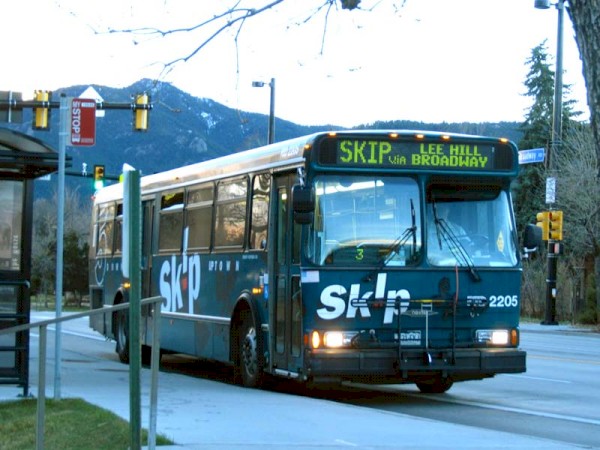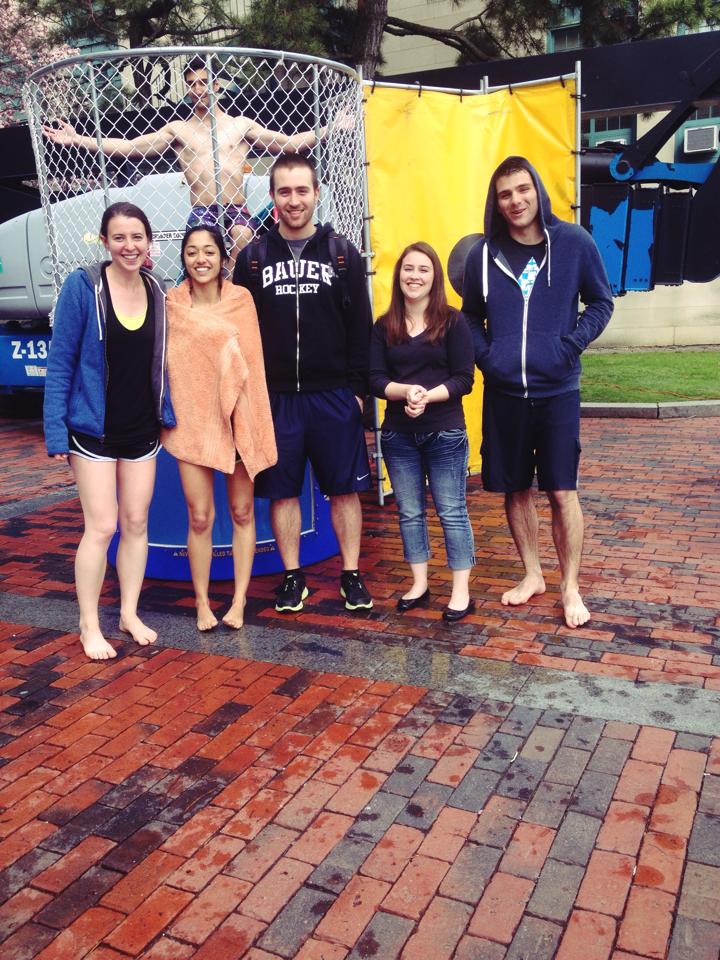by Karolina Kenney, Summer Intern, Second Nature
(This post is part of a series by the Second Nature team about why we do what we do.)
When it comes to the environment, my life has been made up of singular moments of clarity where I have realized where I fit in the world of sustainability. Throughout my whole life, I have run into views towards nature that have baffled me, but learning how to battle those who “don’t care” or “don’t have the time” for the environment is what has fueled my fervor for creating a stable future.
“When I grow up I want to work at Alfalfa’s. Where the cheese is dairy free. A birkenstocks, spandex, necktie, patchouli grocery store. I’ll have a job, picking through the produce – no pesticides for me! I’ll be a working modern income socially conscience Boulder hippie,”
Needless to say, when I moved to Indiana, I was in for a shock. The stark difference in mindset between the two states was incredible. The town that I moved to, Bloomington, is a college town and within its boundaries has a significant level of environmental awareness. We even have our own co-op called Bloomingfoods that has run Whole Foods and Trader Joe’s out of town on numerous occasions. One step outside of the city’s immediate borders, though, waste-management, water conservation and more are nonexistent. The move to the Midwest was one of my first moments of clarity. It made me realize that spreading an understanding of sustainability had to be done on a level beyond my immediate abilities as an aspiring bus driver who planned on working at Boulder’s Alfalfa’s. I started by founding the Environmental Club within my high school. Our greatest success as a club was when we did a dress swap for prom. The reason for its success was the applicability and relatability of the project, which the girls at my school could grasp at. This illustrated to me the need to make environmentalism a trend, something desirable, in which individuals are able to find the benefits or returns from changing their behavior to be more conscious.

Most recently, this summer has become another, more gradual clarity moment. Interning at Second Nature has given me a tiny glimpse into the world of environmentalism through the eyes of a non-profit and, thank goodness, I like what I see. Seeing how the American College & University Presidents’ Climate Commitment (ACUPCC) works only furthers what I’ve learned thus far. By creating a network of universities – starting with 12 original signatories – the knowledge that sustainability can save energy and, therefore, money is expanding. The ACUPCC has created a platform in which astonishing numbers of people are excited and willing to put the time into a sustainable future. If one person or one group of people is willing to do something different, others will too.
Coming into Boston University two years ago, I thought that four years was a long period of time in the same place, but as I get ready to start my third year at BU I have found that I have to really think about what I want to do with my life. What is four years in the grand scheme of the life I imagine for myself after college? Thinking about a future without the coddling and support I have been blessed with is difficult, but necessary as the time to graduate comes closer. Over the past 20 years of my existence, little snippets of time have shaped my interests and helped me to learn about others and myself. More specifically, I find myself fascinated with how themes, ideas, relationships, and networks merge under the umbrella of bettering our planet for future generations. This intertwining of thought is something I run into in my personal life and academic life as well, and my faith in my decision to study environmental analysis and policy grows stronger every day. Hopefully the more I get involved with groups and my career, others around me will get on board and see the way I see. Maybe, metaphorically speaking, my bus driving dreams will come true (“get on board” get it?) and if I end up working at Alfalfa’s or Bloomingfoods, I wouldn’t hate passing on my love for organic and natural groceries.
